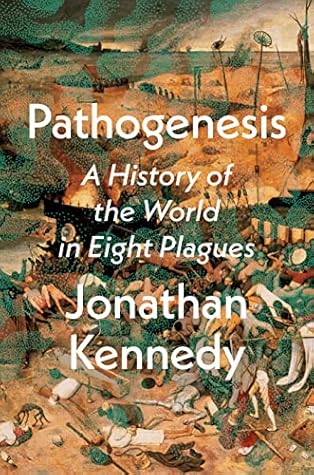But a large proportion of the population were nomadic Bedouins. On the origins of the word “Arab,” Mackintosh Smith points out that “for more of known history than not, the word has tended to mean tribal groups who live beyond the reach of settled society…it is certainly what they were during most of the second AD millennium.”[70] Consequently, the region was much less prone to a disease that was spread by flea-carrying rats, and the Roman and Persian Empires were weakened not only in absolute terms but also relative to the newly Muslim and united Arabs.
It appears that nomadic - like early neolithic setters or hunter gatherers - were spared the maladies that larger communties, like those in Byzantine or Sasanian communtiies, experienced. The spread of Islam spread across Arabia through nomads; therefore, infection was reduced while Islamic practices spread.


